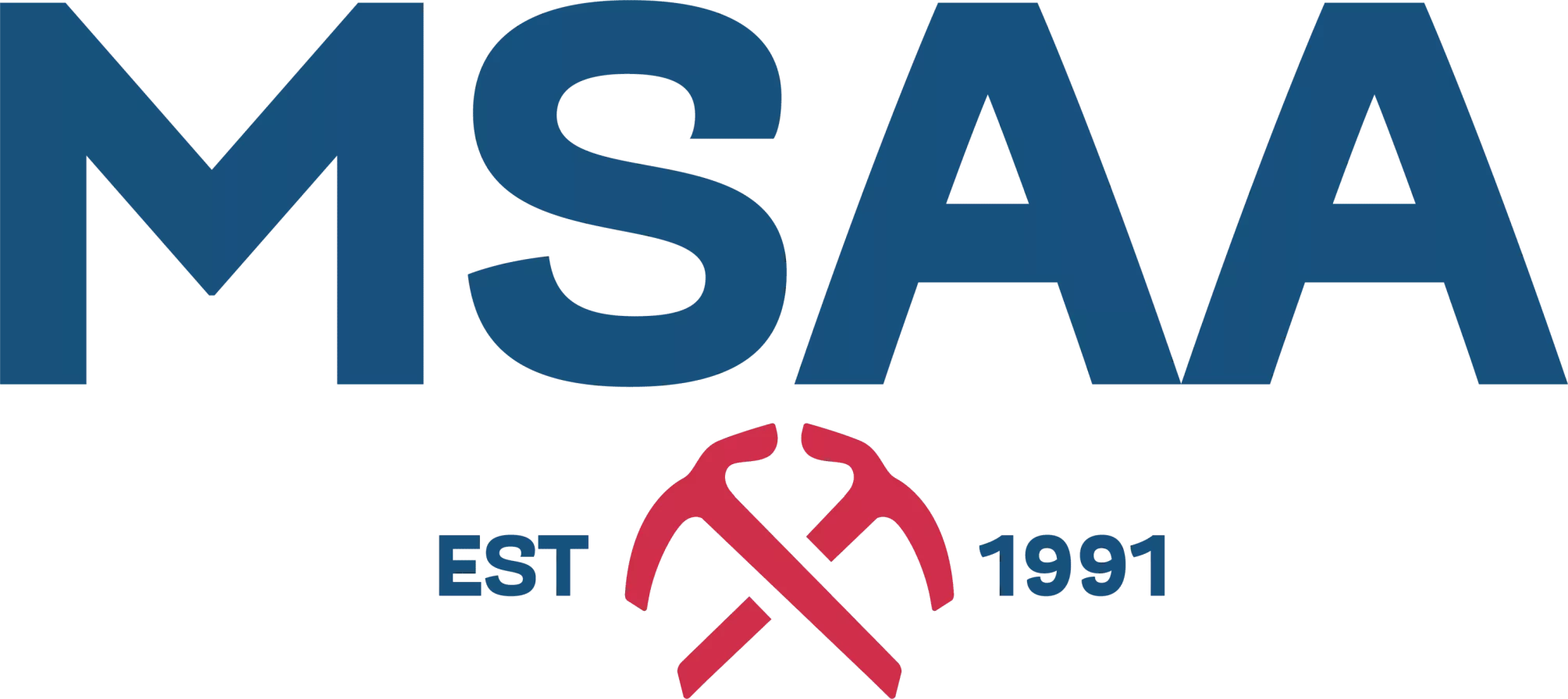Stepping off the grid into remote locations – away from cell phone signal – is a large part of what makes the experiencing the wilderness experience so special. With smart phones now firmly integrated into our lives and constantly keeping us connected, stepping out of cell phone coverage can give us a sense of freedom, with no one bothering us about work, gossip or pressing social engagements.
But despite parties being adequately prepared, accidents can happen in the backcountry. The old school method of letting next-of-kin know your departure point and expected return – while still an important part of trip planning – will only let Search and Rescue (SAR) organizations extrapolate your location in the event of a catastrophe. The good thing is, the technology that keeps us so connected is helping make backcountry travel safer.

Personal Locator Beacons (PLBs), now commonly known as satellite communicators, work by sending a signal through a dedicated satellite and antenna network. Through the device you can send text messages to the cell phones and email accounts of friends and family, or if things on the trip go sideways and you need to be rescued, the press of a button sends a message to a control centre and regional authorities are instantly notified.
The most common satellite communicator is the Spot, now available in its third iteration with the Spot Gen3. Improvements over the previous model include the tracking function being motion activated and a longer battery life. For $169 the Spot Gen3 a reasonably priced piece of technology and the associated satellite network covers most places in the world that you are going to travel to on land.

But the Spot Gen3 is not without its limitations. It can only send per-programmed outgoing messages, which isn’t a problem if sending out generic trip updates such as “I’m OK” or “camping here for the night.” When an emergency arises, pushing the SOS button will action SAR services but those personnel have no way of relaying messages back to you. The rule of thumb for SAR calls is to stay in the same location to limit the search area, but environmental circumstances can change. Your party may need to move to take shelter or avoid other hazards. If mountaineering, the party may need to lower altitude to keep the patient in stable medical condition.
These types of rescue scenarios are what spurred the introduction of 2-way satellite communicators such as the Delorme inReach SE and inReach Explorer. They are both a more expensive devices than the Spot at $299 and $379 respectively, but come with the peace of mind that you can receive text messages as well as send. SAR groups like the ability to communicate directions to parties in distress to help reduce response time, which could save a life if a patient has a life-threatening injury. The Explorer comes with the added function of a built-in interactive map, whereas the SE needs to be paired with a charged smartphone for full GPS navigation.

Something to bear in mind when shopping for a satellite communicator is that just like a cell phone, there’s an ongoing cost to use the satellite network. Subscriptions start at $149 per year for the Spot Gen3 but is more expensive for the inReach devices as they have 2-way capability and full global coverage on the Iridium satellite network. Both companies have gotten better at adding flexibility to their subscription plans, allowing users to only pay for the months of the year they are traveling to remote locations.
Learn about backcountry tours training courses at the academy:
- Avalanche Awareness
Avalanche Transceiver Use
Companion Crevasse rescue kit training
Pre-trip planning and preparation - Climbing rescue course
- Winter navigation (GPS, map, compass, altimeter use) and route planning
- Level 1 avalanche course also known as the AST 1 course
- AST 2 course also known as the AST 2 course
- Avalanche training
- Wilderness First Aid
- Mountaineering course
- Ice climbing tours
- Avalanche courses
- VIP Backcountry tours
- Heli Drops 🙂
- Backcountry ski guides
For further information about our backcountry tours contact Mountain Skills Academy!
With affordable technology like this at our finger tips, everyone can head into the wilderness knowing they have a fail-safe.

